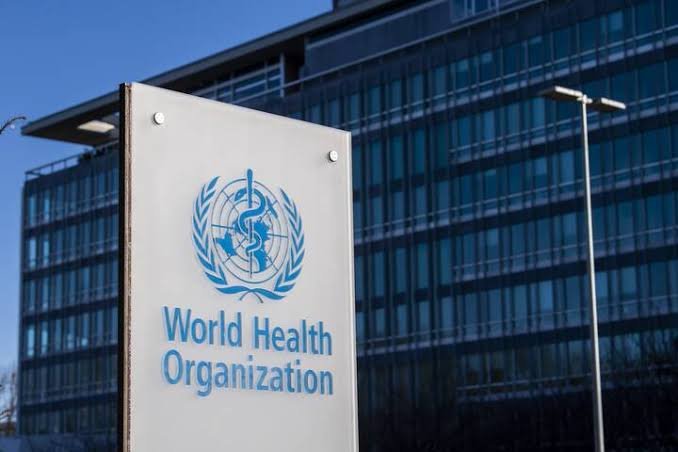Korede Abdullah in Lagos
Dengue remains a pressing but underreported public health challenge in Africa, particularly in Nigeria, where surveillance systems are limited despite growing evidence of endemic transmission.
A landmark global study published in Infectious Diseases of Poverty (2025) has introduced refined disability weights (DWs) for dengue based on clinical manifestations across regions and age groups.
It reveals a significantly higher disease burden in children (global DW = 0.4022) compared to adults (DW = 0.3258), with severe dengue found to be nearly twice as prevalent in children (8.2%) than in adults (4.6%).
Though Asia dominates existing data—India alone contributed 80 of the 125 reviewed studies—experts warn that this imbalance obscures the true African burden.
“Africa, particularly West Africa, lacks adequate data on dengue morbidity, which hampers effective policymaking,” noted an epidemiologist at the University of Ibadan, Dr. Chika Ezeanya.
Dengue fever is a mosquito-borne viral infection that continues to pose a significant public health threat globally, including Nigeria.
The lack of region-specific data is especially concerning for Nigeria, which shares climatic and entomological conditions conducive to dengue transmission.
Despite sporadic outbreaks reported in Lagos, Kano, and Calabar, the World Health Organization has acknowledged the underdiagnosis of dengue in sub-Saharan Africa.
Dr. Oumar Diallo of Senegal’s Institut Pasteur emphasized: “Without targeted surveillance and clinical reporting, Africa risks underestimating a disease that is already silently affecting thousands.”
The study underscores that current Global Burden of Disease (GBD) estimates may misrepresent real-time African data due to their reliance on outdated or non-African datasets.
Countries such as Nigeria, which already battle concurrent outbreaks of Lassa fever and malaria, must integrate dengue testing into routine febrile illness diagnostics to improve tracking and treatment.
Policy experts are urging African governments to prioritize dengue within national health strategies and adapt interventions to reflect age-specific vulnerabilities.
The WHO reports over 7.6 million global dengue cases and 3,000 deaths as of April 2024, with children bearing a disproportionate share of disability. Yet the study reveals major data gaps in Africa that may prevent timely deployment of life-saving resources.
“We must learn from Asia’s successes in updating DWs and apply the same methodology in Africa,” said Healthcare Management expert, Dr. Ngozi Onuoha.
As DWs help calculate Disability-Adjusted Life Years (DALYs)—a critical metric for health financing—their accuracy is vital for allocating international support. With climate change accelerating mosquito-borne disease spread, the study makes clear: without Africa-specific data, the true burden of dengue on the continent remains dangerously hidden.



